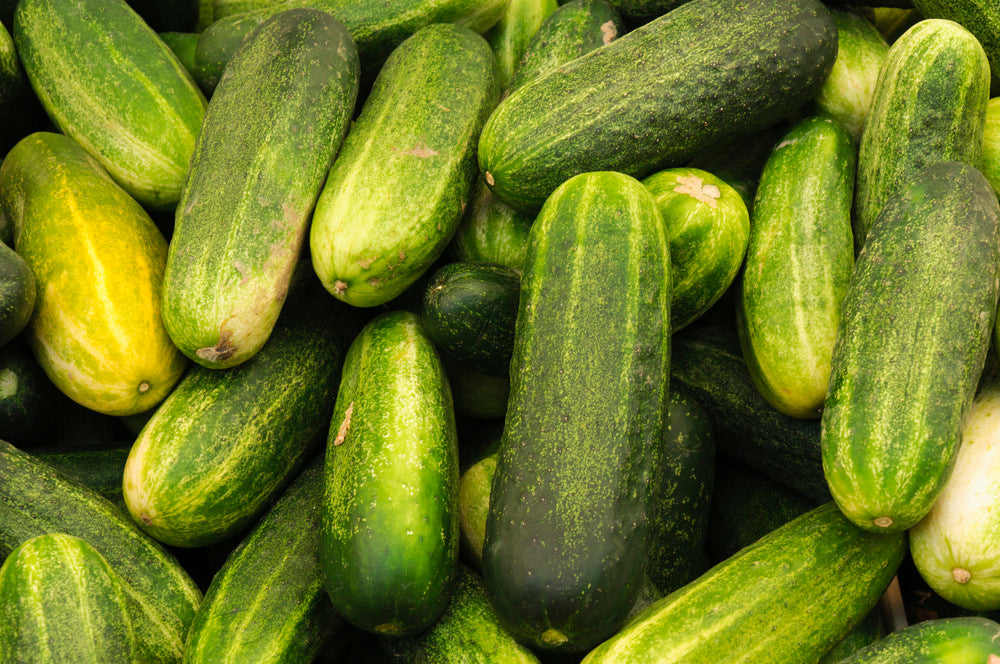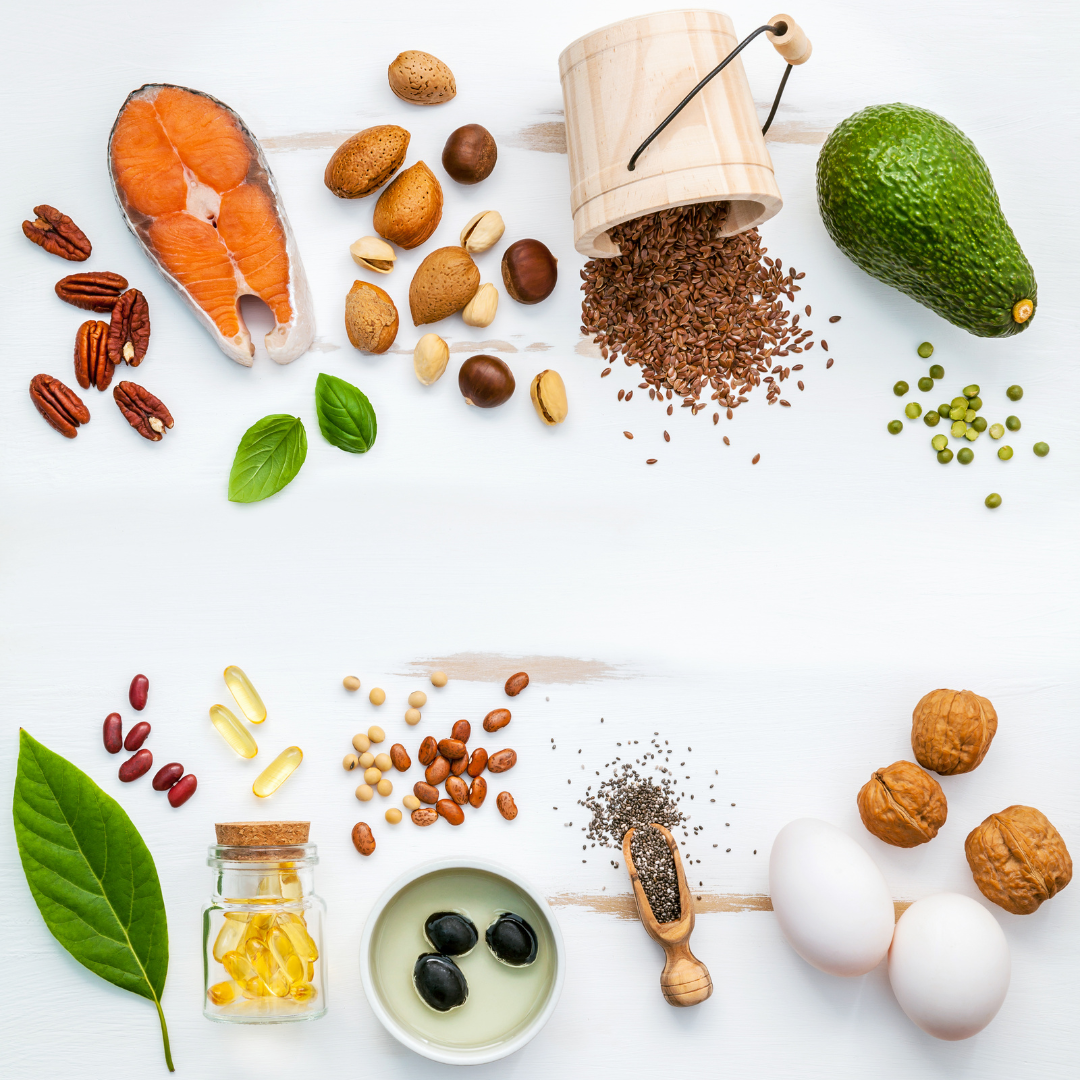
6 Foods That Offer Probiotic Benefits
We don't often think about bacteria as a good thing. But there are certain types of bacteria that are better for us than others and can really benefit us in the long term. In fact, they can even come in the form of supplements, with lactobacillus and bifidobacterium being two of the main types of bacteria found in probiotics. There are so many reasons why you need to consider taking probiotics. They're beneficial to your gut health and are, for that matter, some of the best supplements to reduce blood sugar.
But alongside taking probiotic supplements to make you healthier, you may also want to consider eating a superfood with probiotics on a regular basis. Fortunately, there are certain foods that contain more probiotics right off the bat. Let's look into these foods not just as great things to eat but as nutritional products.
1. Yogurt
If you know anything about probiotics, you probably already know a thing or two about yogurt as a superfood with probiotics. There are so many benefits to eating probiotics. They can improve your bone health in the long term and also help relieve symptoms related to Irritable Bowel Syndrome. Perhaps one of the greatest benefits of yogurt is that it can be incorporated into different types of food. You can eat yogurt for breakfast, mix fruit and granola into yogurt, and mix it into a variety of different recipes like dressing. Therefore, there is something to picking a tried and true food like yogurt.
2. Sauerkraut
Now, this food is definitely a bit controversial. Not everyone is going to love sauerkraut! But the fact is that it is a superfood with probiotics, and if you haven't tried it before, you may want to give it a chance for the sake of your health. Sauerkraut is actually shredded cabbage, and it's been fermented over time by lactic acid bacteria. This makes it an ideal food for those who want to consume more probiotics, though its sour, salty taste comes on quite strong. Sauerkraut also includes a good deal of iron and manganese. If you'd like to eat sauerkraut in order to up your probiotic levels, you should make sure that it's unpasteurized. The pasteurization process can kill off the bacteria that you want.
3. Miso
Miso itself is not a superfood with probiotics. In fact, it's actually a seasoning that is used in many different types of Japanese food. The reason why it's such a strong probiotic option is that miso is made by fermenting soybeans with salt and a specific fungus called koji. In some cases, the soybeans may be mixed with barley, rice, and rye, but in general, you do need to make sure that the soybeans have been fermented. Often, miso is mixed into soup, which means that it's a perfect food to eat if you want something on the lighter side.
4. Kombucha
If you'd rather drink your probiotics rather than eating it, kombucha is a wonderful option. This tea is usually fermented through a colony of bacteria and yeast. Although many of its purported health benefits are debated, the fermentation process is likely to instill kombucha with probiotic benefits. Therefore, you can get what you need out of this drink without necessarily adding an additional food to your diet.
5. Pickles
On the other hand, if you'd like to add something rather simple to your diet, pickles are ideal. You can eat them on their own or incorporate them into everything from sandwiches to traditional entrees, and they're great for those that need higher levels of probiotics. Pickles become sour because they ferment in their own lactic acid bacteria, which is what makes them such great sources of probiotics. They're also rather low in calories.
6. Certain Cheeses
There are a lot of different cheeses that offer probiotic benefits. You should look at their labels in order to determine whether or not the cheese you're considering has probiotics. Gouda, mozzarella, cheddar, and cottage cheese tend to offer probiotics.
Obviously, you can get creative when adding probiotics to your diet. But if you'd like to stick to foods you know, you have that option as well. And if none of these work for you, there are always probiotic supplements to try!



Leave a comment
This site is protected by hCaptcha and the hCaptcha Privacy Policy and Terms of Service apply.